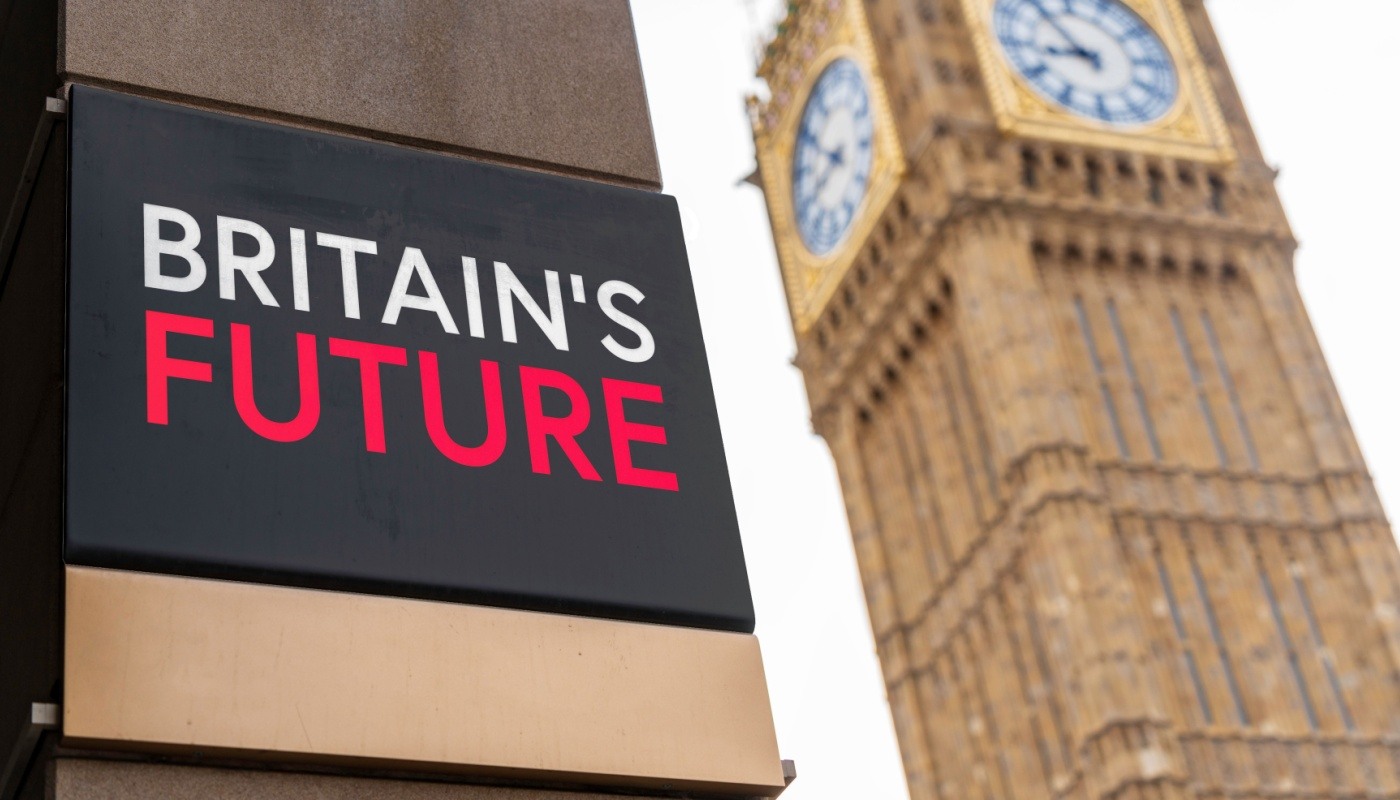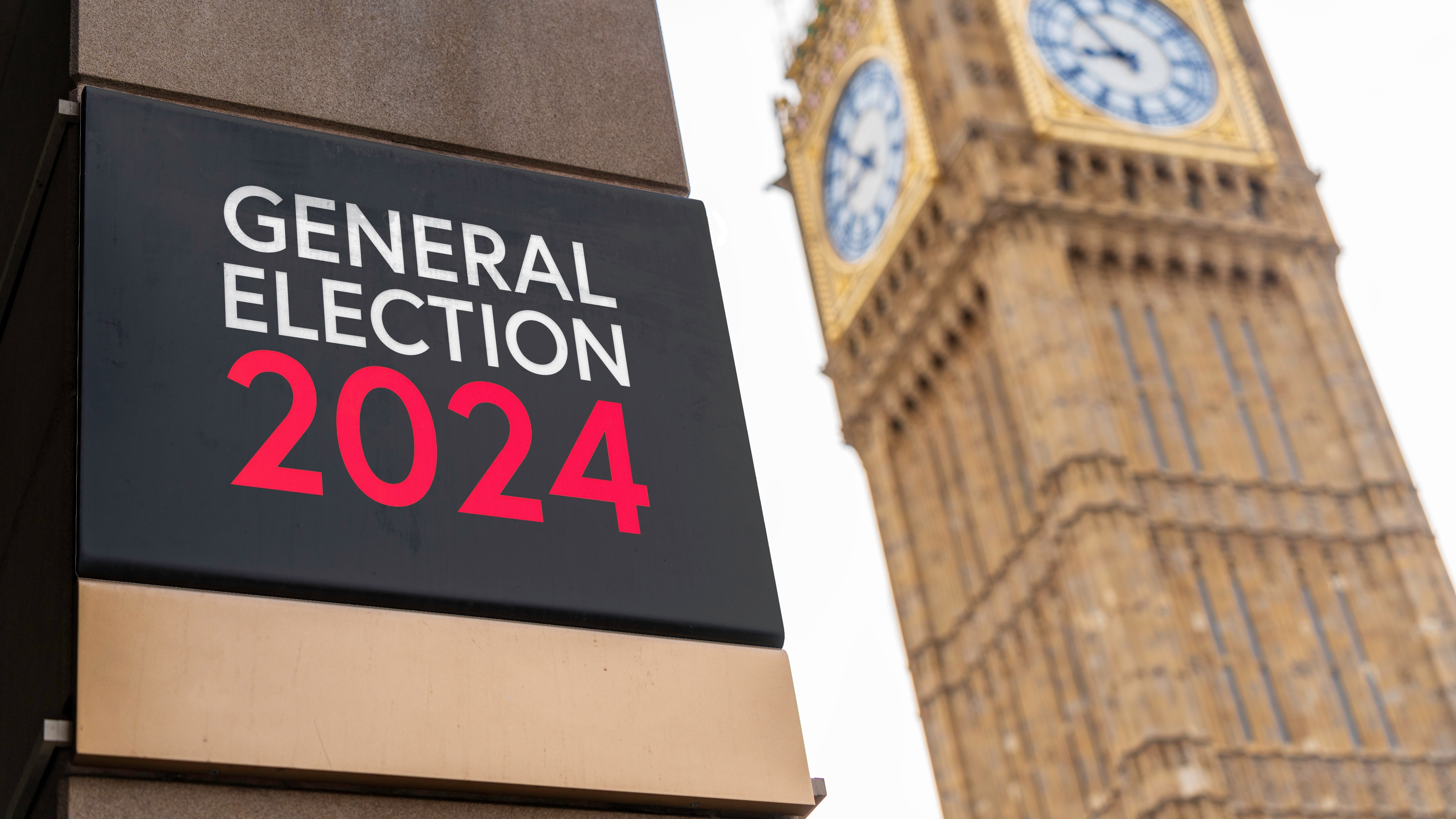E-cigarette market grows as regulations take shape
by Inline Policy on 12 Jun 2014
Since being first released on the consumer market in 2005, the global e-cigarette market has been growing rapidly. In the United States, sales grew at an annual rate of 115 percent in the 2009-12 period. It is estimated that the global market could increase to $10 billion by 2017. Some analysts have gone as far as suggesting that e-cigarettes could be outselling conventional cigarettes within a decade.
In its two major markets, Europe and North America, e-cigarettes makers have been seeking clarification on what, or even if, regulation applies to their product. It now looks like this uncertainty is coming to an end and both markets differ as to how they see this growing product develop.
European regulation
Throughout Europe, there remain conflicting regulatory regimes. For example Austria and Belgium have heavily restricted the sale of e-cigarettes, while most member states require a license for their sale. In Britain, where the number of users of e-cigarettes has almost doubled in the past two years, the Department of Health has said that they are not risk free. A recent report for Public Health England said e-cigarettes required regulation and Britain’s Medicines and Healthcare Products Regulatory Agency wants to introduce new controls by 2016.
In February of this year, the European Parliament approved a revised directive on tobacco products. The Directive lays down rules governing the manufacture, presentation and sale of e-cigarettes. In particular, products with nicotine content over a certain level – including most e-cigarettes currently on the market - would have to be authorised as medicines. Those below the threshold would be allowed on the market with health warnings.
The direction taken by the EU Parliament was seen by many as a heavy touch on a product which was deemed to be safe in its own right. However, e-cigarettes could not separate themselves from the negative associations with traditional cigarettes and worries over it being a gateway to addiction.
Developments in the US
The US has looked closer at the science rather than the social aspects and appears to be treading more lightly around e-cigarette regulation. It is currently finalising how it will regulate the product. The Food and Drugs Administration (FDA) is working to develop strong product standards for electronic cigarettes that will protect public health and enable the agency to withstand legal challenges. There are plenty of stakeholders giving their opinions on how this may be achieved.
The remaining outstanding issues concern the potential to market e-cigarettes at children and young adults. The FDA is looking at banning their sale to people under the age of 18. Health lobbyists believe this regulation should extend to advertising as well. The e-cigarette industry has argued that there are no health reasons or otherwise for such restrictive measures. The FDA continues to compile tits guidelines amid an ongoing debate around the merits of e-cigarettes.
Market Impact
Given the regulatory risk that is building up within the market, it is not surprising that we are continuing to see consolidation in the sector. US Victory Electronic Cigarettes (VEC), for example, recently acquired Ten Motives, its third British e-cigarette company in six months. Their previous UK acquisitions include Vapestick for $70m and VIP for $50m.
Traditional tobacco companies are also increasingly taking a piece of the e-cigarette market, seeing an opportunity to diversify their revenue streams as the demand for traditional cigarettes begins to wane, particularly in developed markets. Lorillard has a leading position in the U.S. after it acquired blu e-Cigs and U.K e-cigarette brand SKYCIG. British E-Lites cigarettes have also just been bought by Japan Tobacco.
As the technology for e-cigarettes evolves, regulation will have to adapt. Paris-based company Smokio has launched the world's first smart e-cigarette, available for £65. The device connects to a smartphone app tracking the owner's usage, providing updates on both their health and finances. The regulation of e-cigarettes is clearly just beginning.
Topics: UK business, Vaping, Big Tech







Comments